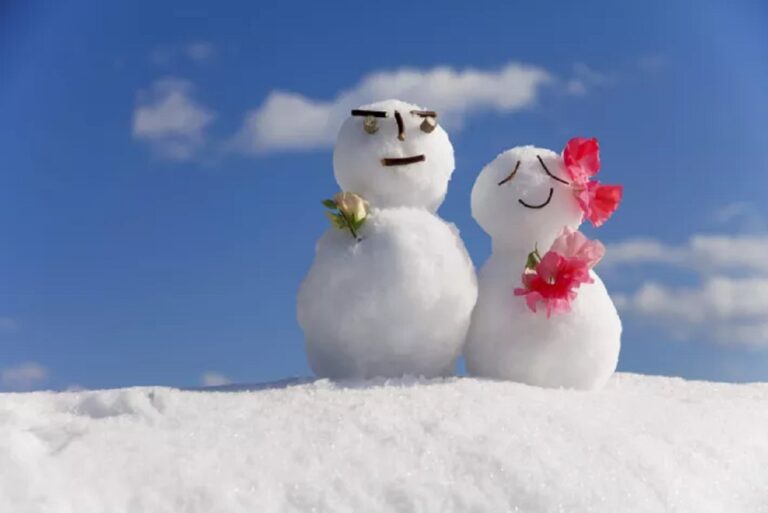The other day, while humming “Winter Wonderland,” these two lines started to make me wonder: Who was Parson Brown?
In the meadow, we can build a snowman
And pretend that he is Parson Brown
“Winter Wonderland” was written in 1934 by composer Felix Bernard and lyricist Richard Bernhard “Dick” Smith. Although it’s winter-themed, in the Northern Hemisphere we tend to treat it as a beloved holiday song.
And here’s an interesting fact—”Winter Wonderland” was penned by a man in quarantine. According to his widow, Dick Smith was inspired to write the lyrics as he gazed out at children playing in the snow from the window of West Mountain Sanitarium in Scranton, Pennsylvania, where he was a recovering tuberculosis patient. When Smith rallied and was able to leave the hospital, he returned to New York and collaborated with his composer friend, Felix Bernard, to create the popular song we know today.
Was “Parson Brown” a real person?
Was “Parson Brown” someone of cultural significance at the time the song was written? At first glance, and looking at the lyrics that follow, it seems as if “Parson Brown” would be a minister:
He’ll say, ‘Are you married?’
We’ll say, ‘No, man!
But you can do the job when you’re in town.’
During the time when the song was written, parsons (a term for Protestant or Anglican ministers) would travel from town to town performing wedding ceremonies for those who did not have a local minister of their own faith.
But is there any significance to “Parson Brown”? It seems it could either have been a specific parson the couple knew who came to their town or a placeholder title similar to “John Doe.” As far as I can tell, there was no famous Parson Brown in the 1900s.
As a side note, have you noticed that there are two versions of the bridge in “Winter Wonderland”? A 1953 version replaces “Parson Brown” with “circus clown”:
In the meadow, we can build a snowman
And pretend that he’s a circus clown
We’ll have lots of fun with Mister Snowman
Until the other kiddies knock him down
This lyric change was apparently made to make the song more child-friendly. Wikipedia also suggests that the change occurred because traveling parsons were no longer part of the American cultural scene.




